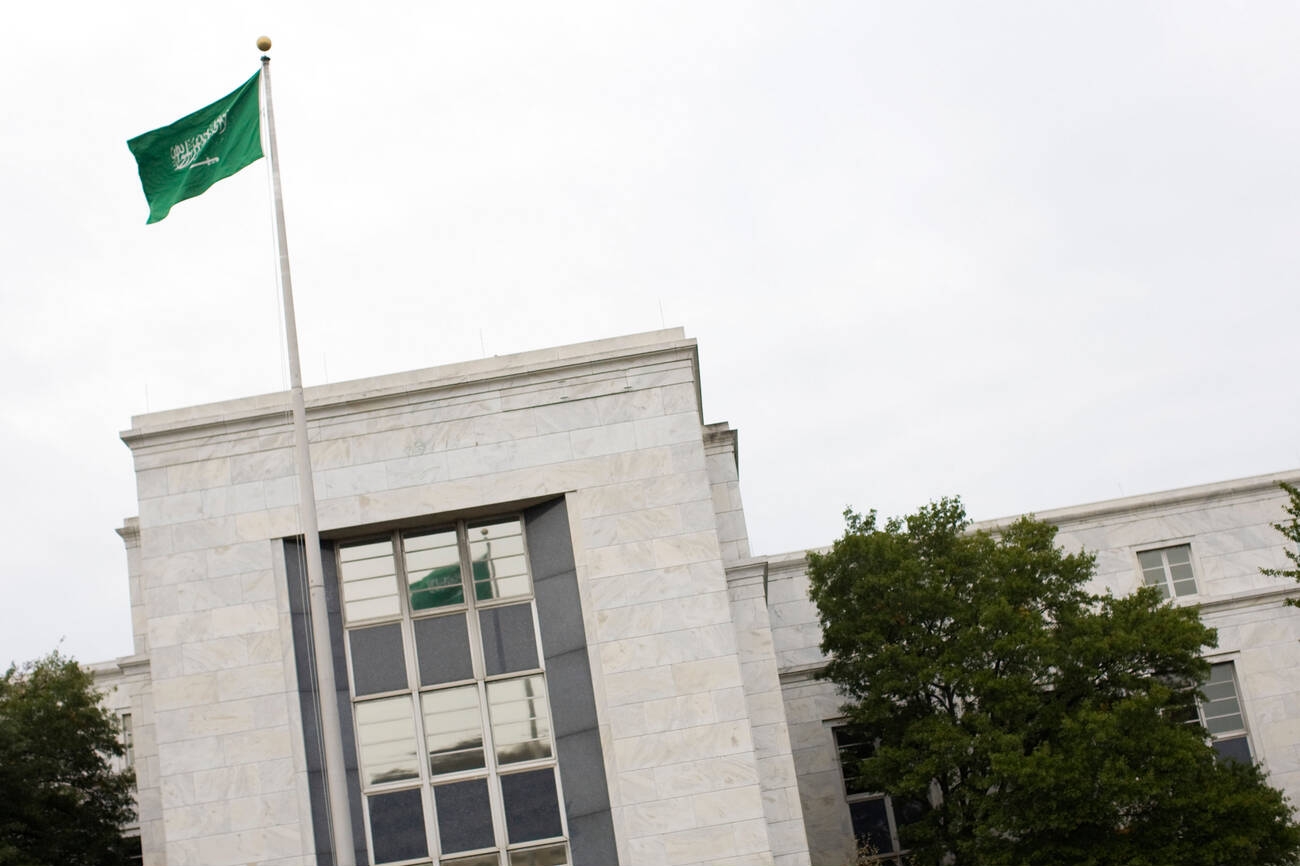A year after the deadly explosion in the Lebanese capital of Beirut, which killed over 200 people and leveled large parts of the city, hundreds of thousands of children continue to suffer from hunger, according to a new report.
Since the blast on August 4 last year, which saw hundreds of tonnes of poorly stored and highly explosive ammonium nitrate explode at once, Lebanese families of all wealth groups found it much harder to survive in the country’s worsening economic crisis, Save the Children found in a new analysis.
The average family in #Lebanon needs an estimated 6.1 million pounds ($4,050) monthly to afford basic goods while the poorest families The poorest families fell about 5.5 million Lebanese pounds ($3,652) short of that, the report found.
The #explosion killed more than 200 people and injured some 6,500 others. It also compounded the ongoing economic crisis in the Arab country, which has seen its currency lose more than 90 percent of its value in less than two years. The covid-19 pandemic has also taken its toll on the Lebanese economy.
Lebanon has been struggling with shortages of fuel, medicine and basic goods, which have in turn caused prices to skyrocket. Daily power cuts that sometimes last hours have become a routine while millions of people are on the verge of losing access to safe water, according to the UN.
“Hundreds of thousands of children are going to bed hungry, often without having eaten a single meal that day,” said Jennifer Moorehead, Save the Children’s country director in Lebanon.
“Families can’t afford the electricity to run a fridge or hot water, or the medicines they need to treat illness. The longer this situation continues, the more likely it is that children will slide into malnutrition, which ultimately could lead to death,” she added.
The analysis found that many families are now cutting back on #food, education and medical expenses, selling furniture, or taking on crippling debt in order to survive.
Some 47 percent of Lebanon’s population cannot afford essential goods like lentils, cooking oil, diapers, sanitary pads and fuel.
The dire situation particularly threatens the estimated 1.5 million Syrian refugees living in Lebanon. The report warned that 90 percent of the refugees, who fled crisis in their own country looking for a better life, are now unable to purchase basic goods.


















